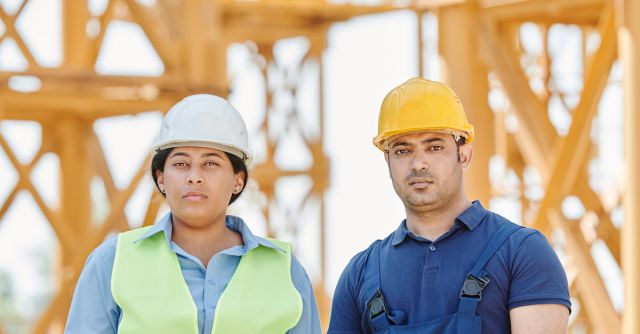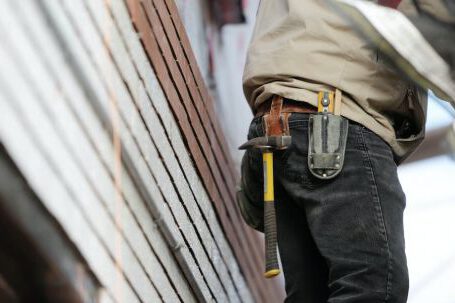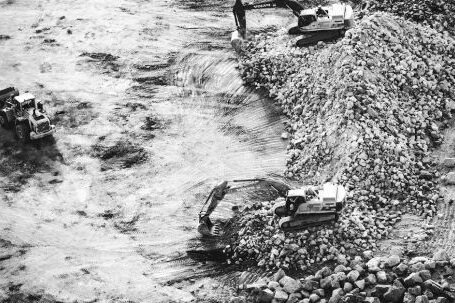The world of masonry and concreting is a dangerous one, with many potential hazards. One area of particular concern is knee injuries, which can easily occur when working with heavy materials or in confined spaces. Knee pads are an essential piece of safety equipment for anyone working in this type of environment, and understanding the science behind them can help ensure you have the right protection.
The Need for Knee Pads
Knee pads are specifically designed to protect the knees from the many hazards associated with masonry and concreting work. The most common form of knee injury is a strain, caused by the long-term repetitive motions of bending and kneeling on hard surfaces, or from direct contact with sharp objects or heavy materials. Knee pads provide a layer of cushioning between the knee and the hard surface, reducing the risk of strain and other knee injuries.
Types of Knee Pads
Knee pads come in a variety of styles and materials, designed to provide different levels of protection depending on the job. The most basic type is a simple foam pad, which is designed to provide a layer of cushioning between the knee and the surface. More advanced pads are designed with special materials such as gel or air pockets, which provide additional shock absorption and comfort. There are also specialty pads designed for specific tasks, such as those for kneeling on concrete or other hard surfaces.
The Benefits of Knee Pads
Knee pads are an important part of any safety protocol for those working in masonry or concreting. Not only do they provide protection against direct impacts, but they also prevent strain and other long-term injuries. Knee pads also provide comfort, allowing workers to work longer and more efficiently.
Finding the Right Knee Pad
When selecting a knee pad for masonry or concreting work, it is important to consider the type of work you will be performing. For example, those working with heavy materials or in tight spaces may benefit from specialty pads designed to provide additional protection. It is also important to ensure the pad is the correct size and fit for the user, as an ill-fitting pad can be uncomfortable and ineffective.
Conclusion
Knee pads are an essential piece of safety equipment for anyone working in masonry or concreting, providing protection against direct impacts, strains, and other long-term injuries. There is a range of different types of knee pads available, designed to provide different levels of protection and comfort depending on the job. When selecting a knee pad, it is important to consider the type of work you will be performing and ensure it is the correct size and fit for the user.






